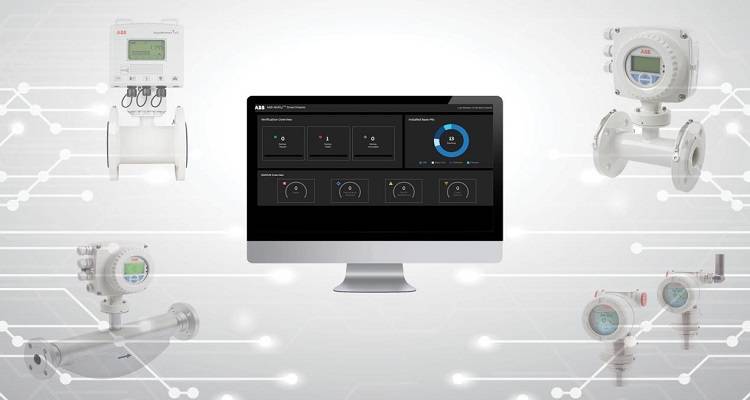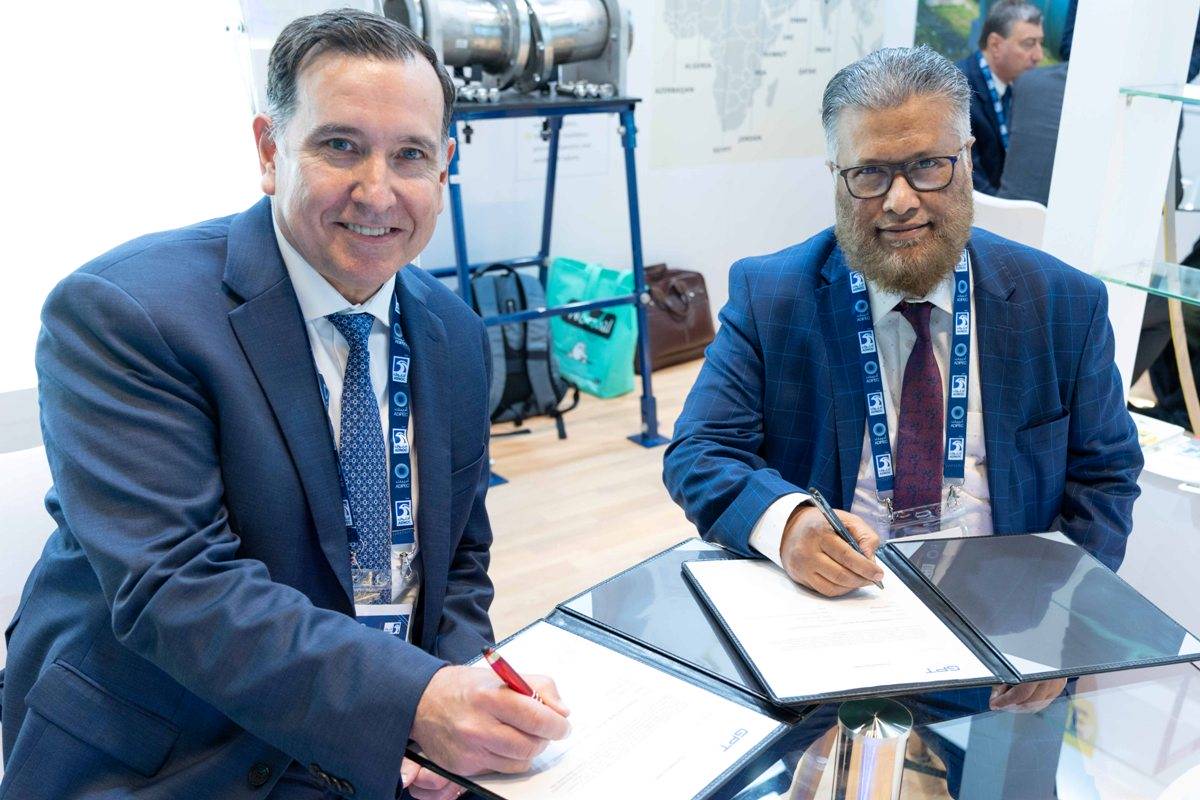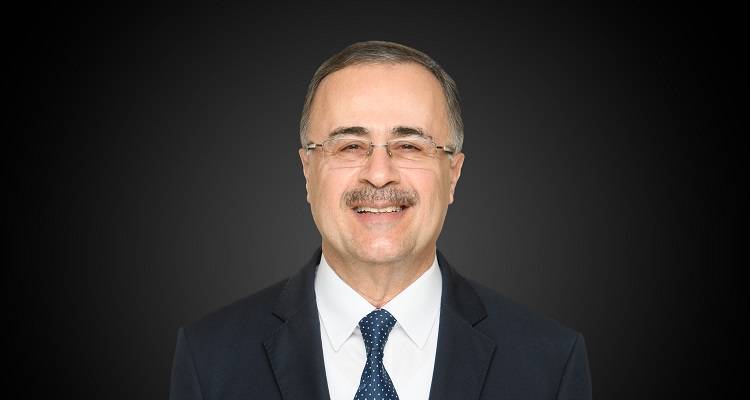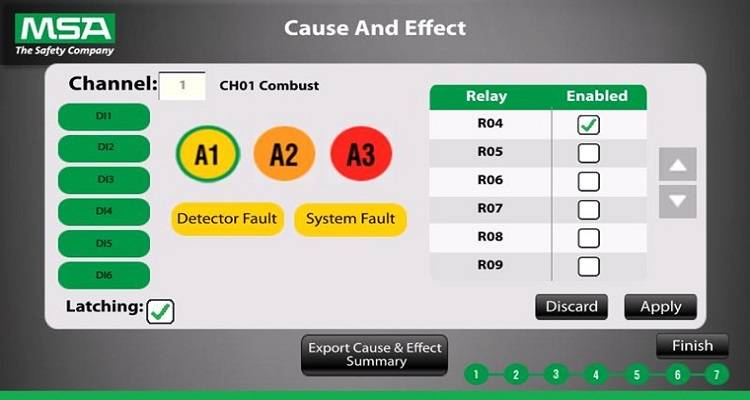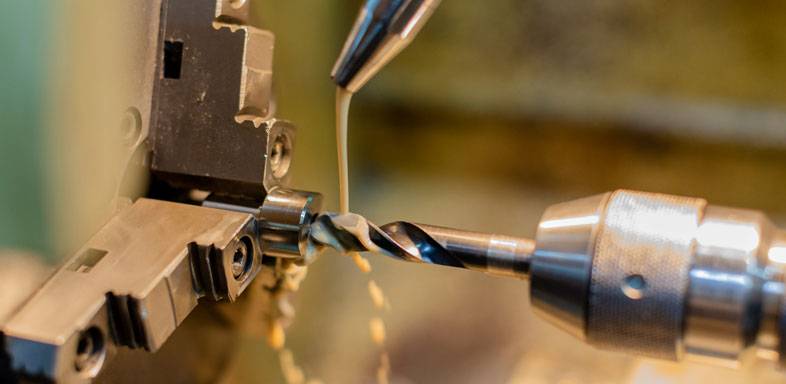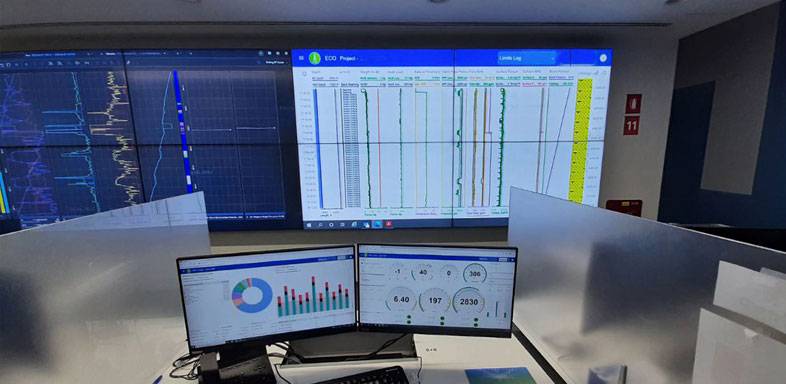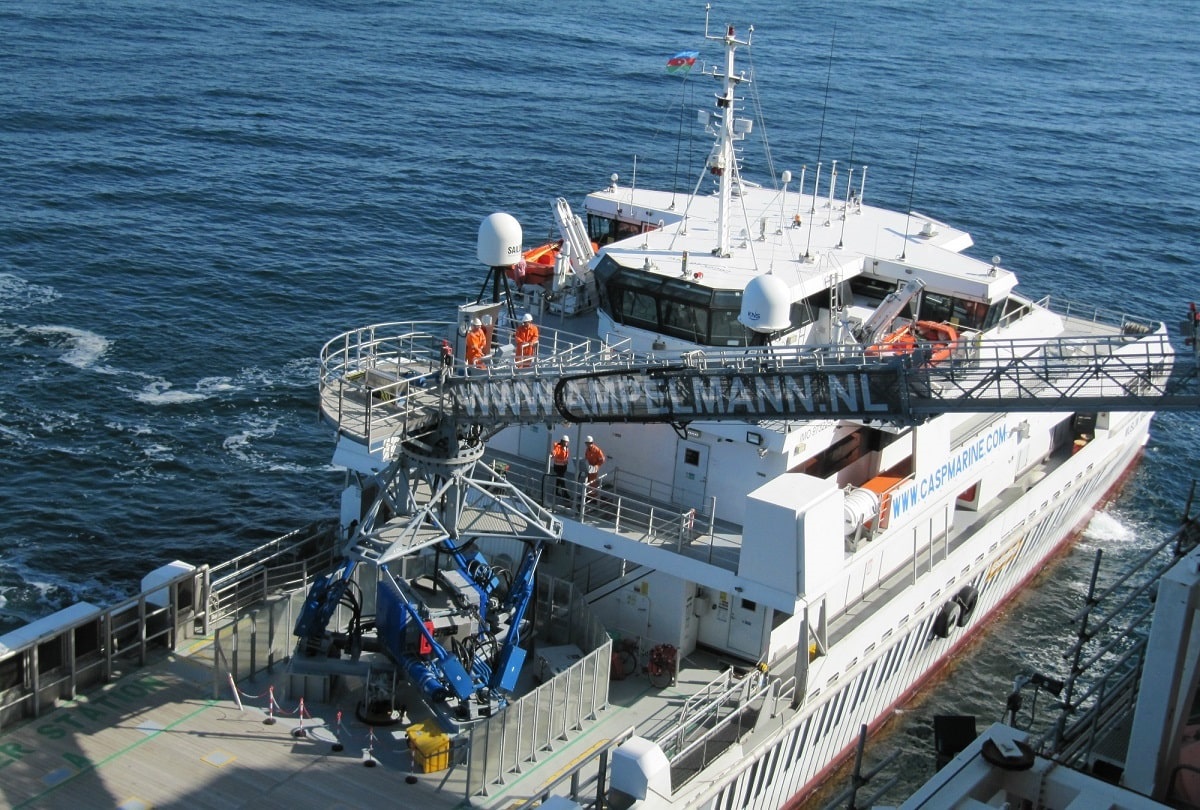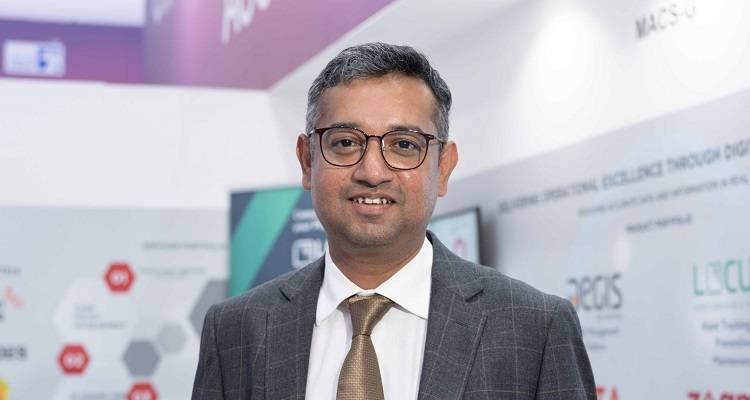The University of Oklahoma has conducted studies using Drilling Systems’ simulator to develop a new universal drilling language which could improve safety on oil and gas rigs
Using Drilling Systems’ DrillSIM:50 simulator, a team of leading oil and gas professors tested reaction times to dozens of drilling commands and phrases and discovered significant differences in responses and the emergence of ‘perfect’ and ‘imperfect’ phrases.
For example, using ‘imperfect’ and non-specific phrases such as ‘decrease rotation by 45’ or ‘pumping too slow, pump faster’ resulted in significantly slower reaction times. ‘Perfect’ phrases such as ‘decrease RPM to 75’ or ‘increase SPM to 140’ were much more successful – earning 100% completion rates. When specifically testing beginner-level parameter changes, trainees were 14 seconds faster on average. Faster response times could prove critical emergency situations.
According to associate professor at Mewbourne School of Petroleum and Geological Engineering, University of Oklahoma, Catalin Teodoriu, “In aviation there are standard phrases for all operations so it doesn’t matter what language you speak or which plane you are flying, you know exactly what the meaning of any particular command is. This provides a ‘short-hand’ for communication and eliminates the possibility of misunderstandings or mistakes being made.
“For the oilfield, this type of universal standardisation in drilling communications has never been fully implemented but our research shows it could make a huge difference to the number of human error incidents and in maximising efficiencies.”
Clive Battisby, head of simulation at 3t Energy Group, which includes Drilling Systems, added, “This is extremely exciting research by the University of Oklahoma, which could transform communications in the drilling industry. We are delighted to have been involved and are looking forward to continuing to work closely with the University on further studies.”







